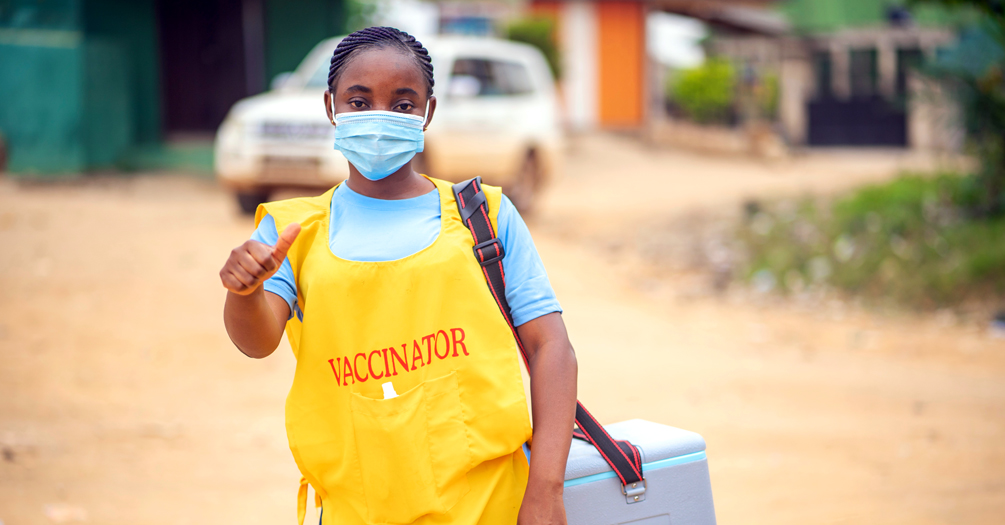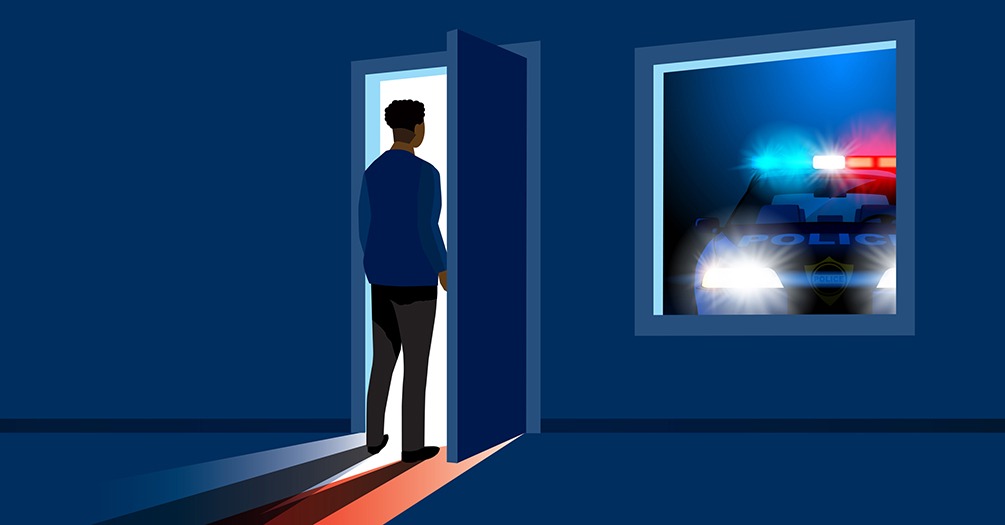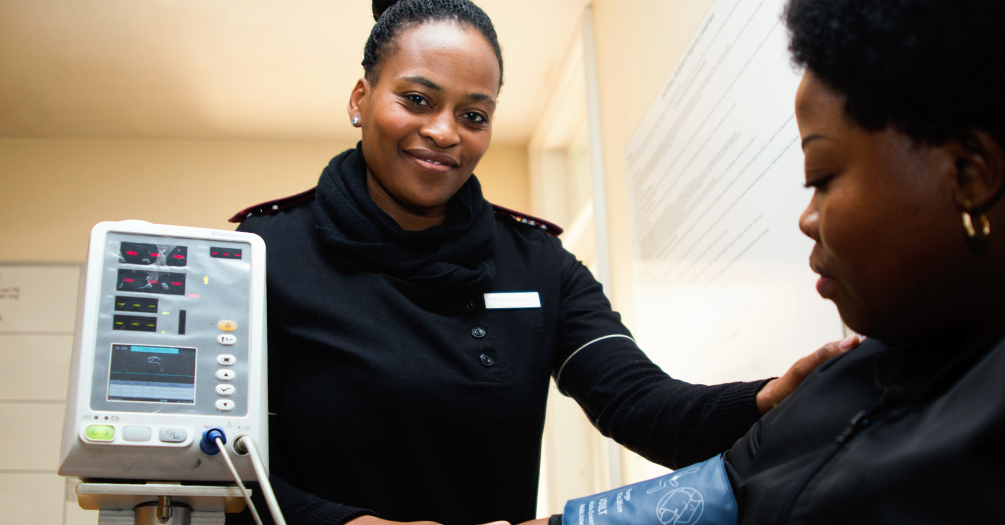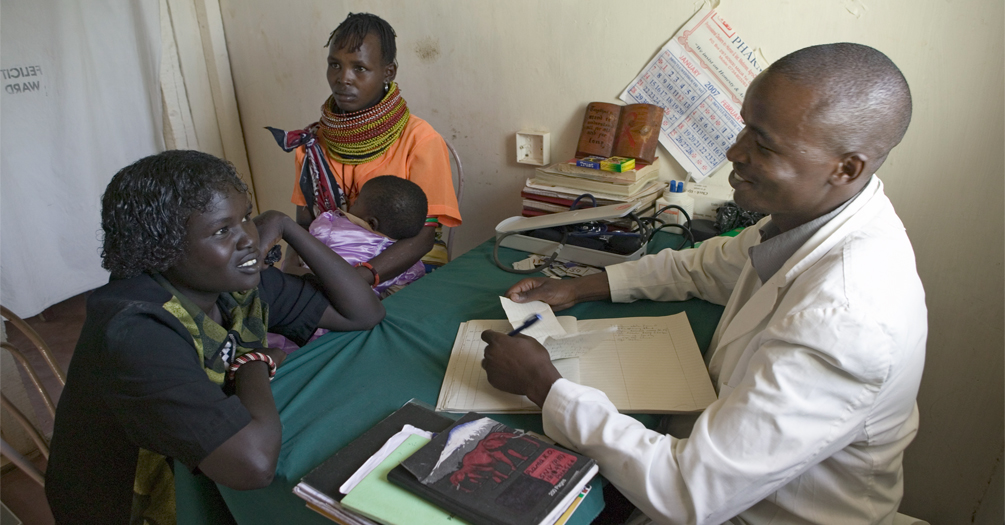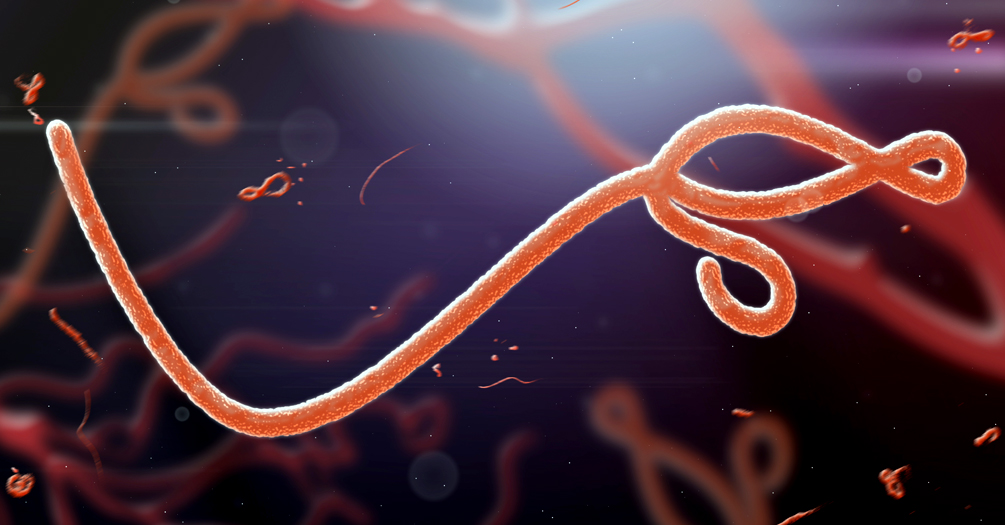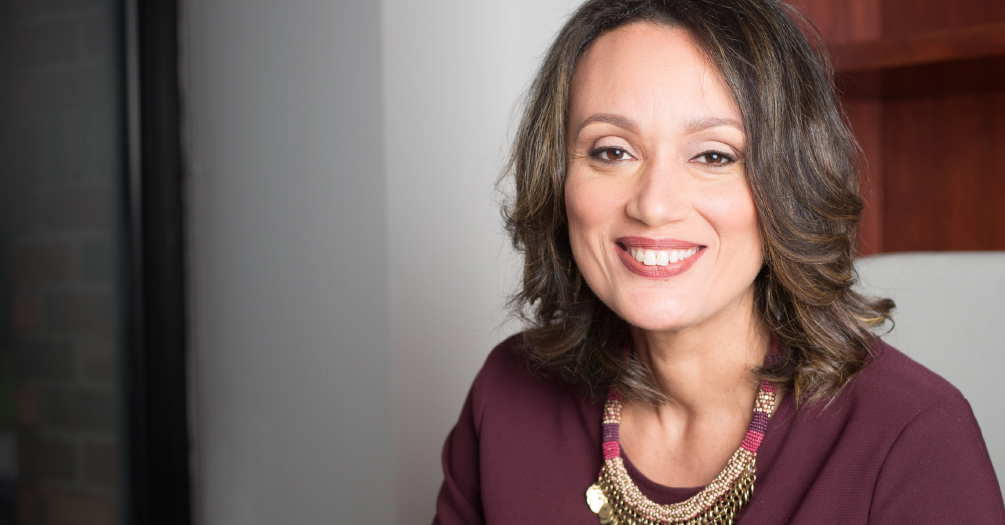
Resilient Leadership in a Dynamic World
Tonya Allen, BA '94, MPH/MSW '96
From rewriting rules to enabling others to succeed, Tonya Allen thinks leadership is not about an individual person doing a great thing but about an environment where everyone wins. In Detroit and now Minneapolis, Allen keeps putting herself out there so that entire communities can thrive.

